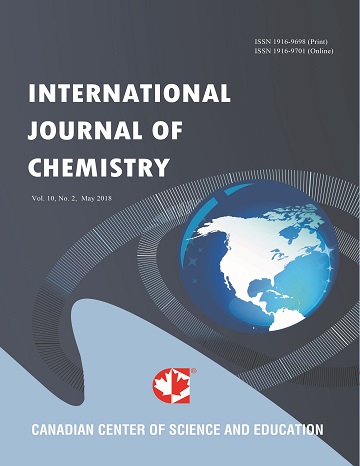Microwave Assisted Reactions in Organic Chemistry: A Review of Recent Advances
- Jolly Jacob
Abstract
Revolution in organic compound synthesis has been promoted by microwave assisted organic syntheses (MAOS) by which small molecules are built up into large polymers in a fraction of time. The need for different organic compound libraries for drug discovery, biomaterial development, automated library screening; proteomics etc has supported the emergence of innovative technologies for rapid combinatorial organic synthesis using MAOS synthesis. In previous reviews on this subject the focus of MAOS has been on the process of MAOS reactions rather than the importance given to the related applications. This review focuses on solid-phase synthesis, biopolymer synthesis, applications in proteomics, parallel processing in microwave reactors and automated library generation by means of sequential microwave irradiation methods. This article has discussed the different applications of Microwave assisted synthesis of organic polymeric compounds most thoroughly by focusing on aspects of speed, reproducibility and scalability. From this review it is clearly identified that independent on the type of organic material, data consistently points out to MW as a novel and powerful tool which has enable synthesis of a number of new compounds and presents the need for future research in this area.
- Full Text:
 PDF
PDF
- DOI:10.5539/ijc.v4n6p29
Index
Contact
- Albert JohnEditorial Assistant
- ijc@ccsenet.org
